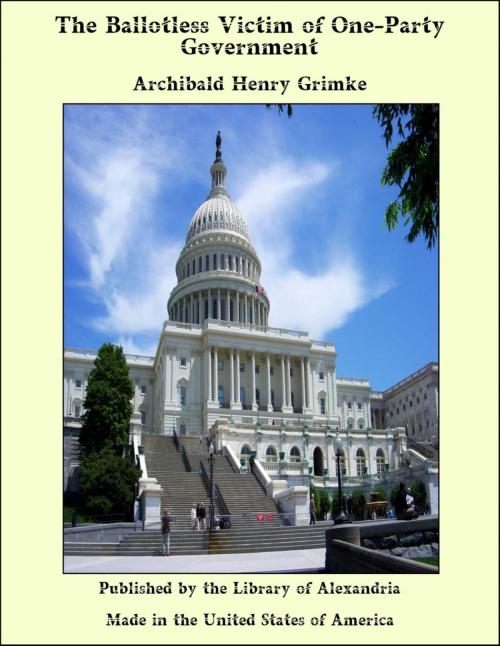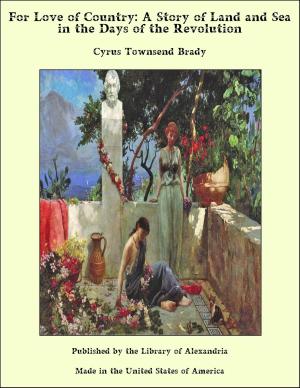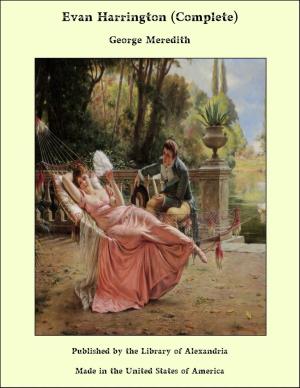The Ballotless Victim of One-Party Government
Nonfiction, Religion & Spirituality, New Age, History, Fiction & Literature| Author: | Archibald Henry Grimke | ISBN: | 9781465588791 |
| Publisher: | Library of Alexandria | Publication: | March 8, 2015 |
| Imprint: | Language: | English |
| Author: | Archibald Henry Grimke |
| ISBN: | 9781465588791 |
| Publisher: | Library of Alexandria |
| Publication: | March 8, 2015 |
| Imprint: | |
| Language: | English |
The legal status of the Negro in the United States is difficult to define or describe, because on paper he is an American citizen, entitled to the rights of an American citizen, but in practice he does not get what he is entitled to or anything like it in certain parts of the Republic. His life is safe-guarded by written law, and so is his liberty and his activities in pursuit of happiness and to better his condition. Moreover in order that he may protect himself against the predatory aggression and greed of other citizens he is invested by the supreme law of the land with the right to vote, with a voice in the Government, to enable him to defend himself against the enactment of bad and unequal laws and against their bad and unequal administration. Certainly the Negro seems to be the equal in rights of any other American. That he is on paper there is not a doubt, but that he is not in reality there is not a doubt either. What he is entitled to does not anywhere in the South and in some states of the North square itself with what he actually enjoys. There is an enormous discrepancy in his case between National promise or guarantees and National performance or possessions. He is an American citizen under the National Constitution. To be sure he is, but with a big qualification. He has the right to reach up and out and to grow in every direction like other American citizens whose race and color are different from his own. Not a doubt of it in legal theory but when he puts his theoretical rights to the test of fact he finds that he is different, that he may not do many of the things which white men all about him are doing all the time. He finds that even the Chinese who are denied citizenship in the Republic, receive better treatment, are accorded larger liberties as men than are allowed him in the South.
The legal status of the Negro in the United States is difficult to define or describe, because on paper he is an American citizen, entitled to the rights of an American citizen, but in practice he does not get what he is entitled to or anything like it in certain parts of the Republic. His life is safe-guarded by written law, and so is his liberty and his activities in pursuit of happiness and to better his condition. Moreover in order that he may protect himself against the predatory aggression and greed of other citizens he is invested by the supreme law of the land with the right to vote, with a voice in the Government, to enable him to defend himself against the enactment of bad and unequal laws and against their bad and unequal administration. Certainly the Negro seems to be the equal in rights of any other American. That he is on paper there is not a doubt, but that he is not in reality there is not a doubt either. What he is entitled to does not anywhere in the South and in some states of the North square itself with what he actually enjoys. There is an enormous discrepancy in his case between National promise or guarantees and National performance or possessions. He is an American citizen under the National Constitution. To be sure he is, but with a big qualification. He has the right to reach up and out and to grow in every direction like other American citizens whose race and color are different from his own. Not a doubt of it in legal theory but when he puts his theoretical rights to the test of fact he finds that he is different, that he may not do many of the things which white men all about him are doing all the time. He finds that even the Chinese who are denied citizenship in the Republic, receive better treatment, are accorded larger liberties as men than are allowed him in the South.















